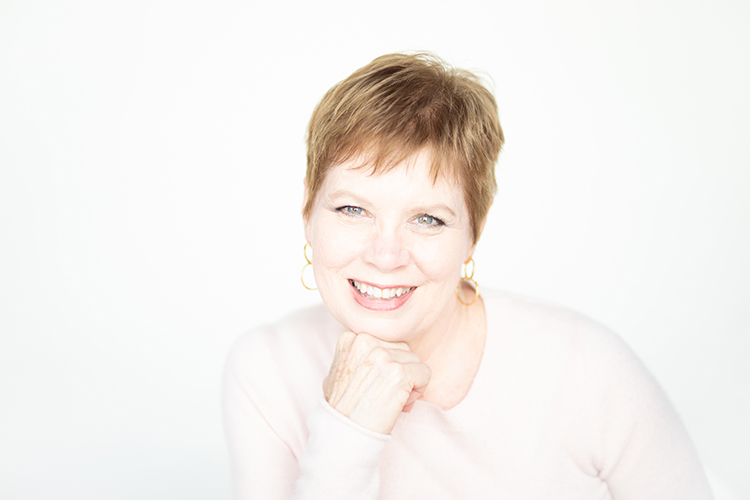When I was growing up in Fort Worth, Texas, we always looked forward to the Fat Stock Show Parade that launched the Rodeo and Fair and exhibits of the Stock Show. We even got a school holiday and free pass to attend! I also loved constructing the purple and white floats for the high school homecoming parade. And on New Year’s Day, we eagerly watched the Macy’s Day Parade and Rose Bowl parade on TV. Parades meant something wonderful was about to happen. But Palm Sunday’s parade always has a twinge of sadness. The children wave the palms but we stand on the side of history that knows that only days later, the community following that parade cowers in grief and trembles in fear. The joyful celebration leads not directly to Easter joy but instead to a cross.
This Sunday begins Holy Week, where we wrestle again with the reality that we worship a God who came to us in human flesh and was crucified as a common criminal. It is impossible to ignore the pain, even if we can still hear the echoes of a parade. A year ago, many of us were living in relative parade-like conditions. We were traveling. We were hosting dinner parties. We were going into church and singing hymns and taking the community for granted. But in the intervening year we have endured a global pandemic, social isolation, national unrest, racial strife, and the continued horrors of senseless gun violence. In some ways, we have known more of the sadness of Holy Week than the joy of Palm Sunday. How has this year shaped our faith?
“Christianity is the only world religion that confesses a God who suffers. It is not all that popular an idea, even among Christians. We prefer a God who prevents suffering, only that is not the God we have got. What the cross teaches us is that God’s power is not the power to force human choices and end human pain. It is, instead, the power to pick up the shattered pieces and make something holy out of them–not from a distance but right close up.
By entering into the experience of the cross, God took the man-made wreckage of the world inside himself and labored with it–a long labor, almost three days–and he did not let go of it until he could transform it and return it to us as life. That is the power of a suffering God, not to prevent pain but to redeem it by going through it with us.”
God in Pain, Barbara Brown Taylor
Grace and Peace,
Carla




